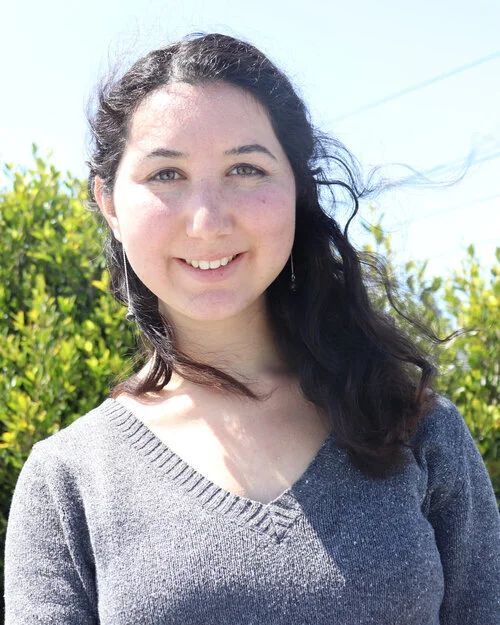Having moved to Jonesboro Arkansas from Pasadena California, I have seen the effects of climate change firsthand. I have lived through years of drought, record breaking heat waves, numerous forest fires, and continuous school cancellations due to extremely unsafe air conditions. In 2014, California declared a state of emergency and a 25% water usage cutback. The following year, the city of Pasadena imposed a watering schedule prohibiting the use of water on certain days and times. The Bobcat fire (September 2020) was only 12 miles from my house and burned 115,796 acres of land.
Growing up, the effects of climate change were just another part of life. Over time, I began to question why we were suffering from these weather changes while other parts of the country were not. When I moved to Jonesboro, Arkansas in January 2017, I decided to create the first environmental club at Arkansas State University. Under my newfound organization I was able to acquire over 300 members, ban all future balloon and sky lantern releases on campus, remove plastic straws from the dining hall, implement recycling bins in all Residence Halls, receive media coverage in local newspapers and magazines, a television interview with the Mayor’s Office Director of Communications, and organize the NEA Global Climate Strike. Additionally, I was the only student selected to sit on the Jonesboro Chambers of Commerce Green Business Committee to assist in planning local environmental efforts. Although I had great success in my local community, I knew more had to be done.
In late October 2018, I was tabling at an EcoFest event in a city near me and I saw a table a few rows away with a big banner that read, “Citizens’ Climate Lobby.” I ventured over to the table, where I met Jan Schaper, the Arkansas State Coordinator. Jan greeted me and began to inform me of what CCL was. I immediately grabbed the clipboard and began filling out my information. I knew this was the more that had to be done. Two weeks later I was in D.C. at my first climate lobby meeting. Over the next three years I lobbied in DC two more times and twice virtually. I was then hired as CCL's Regional Fellow where I have assisted state and regional coordinators in Oklahoma, Kansas, Missouri, and Arkansas with event programming, chapter development, and support of university campus leaders.
Throughout my work with CCL and my time with Arkansas State University, it has become clear to me that the creation and implementation of environmental policy is essential to aid in the endeavors to protect our planet. The Energy Innovation and Carbon Dividend Act, CCL's preferred climate solution, is the most powerful tool to put America on the path to zero emissions while growing the economy.
Working on climate is like riding an unceasing rollercoaster of emotions. I am constantly conflicted with feelings of sadness, frustration, fear, and yet hopeful and inspired. Every time I hear an inspiring success story of an act of environmental stewardship my emotions take a turn and I feel as though my ride is coming to end. With each and every day I see more and more progress in the world, and I can only hope that sometime soon this rollercoaster will steady itself enough for me to get off. When I imagine the future, I see myself putting a “closed” sign on this rollercoaster, walking away with only joy.


















